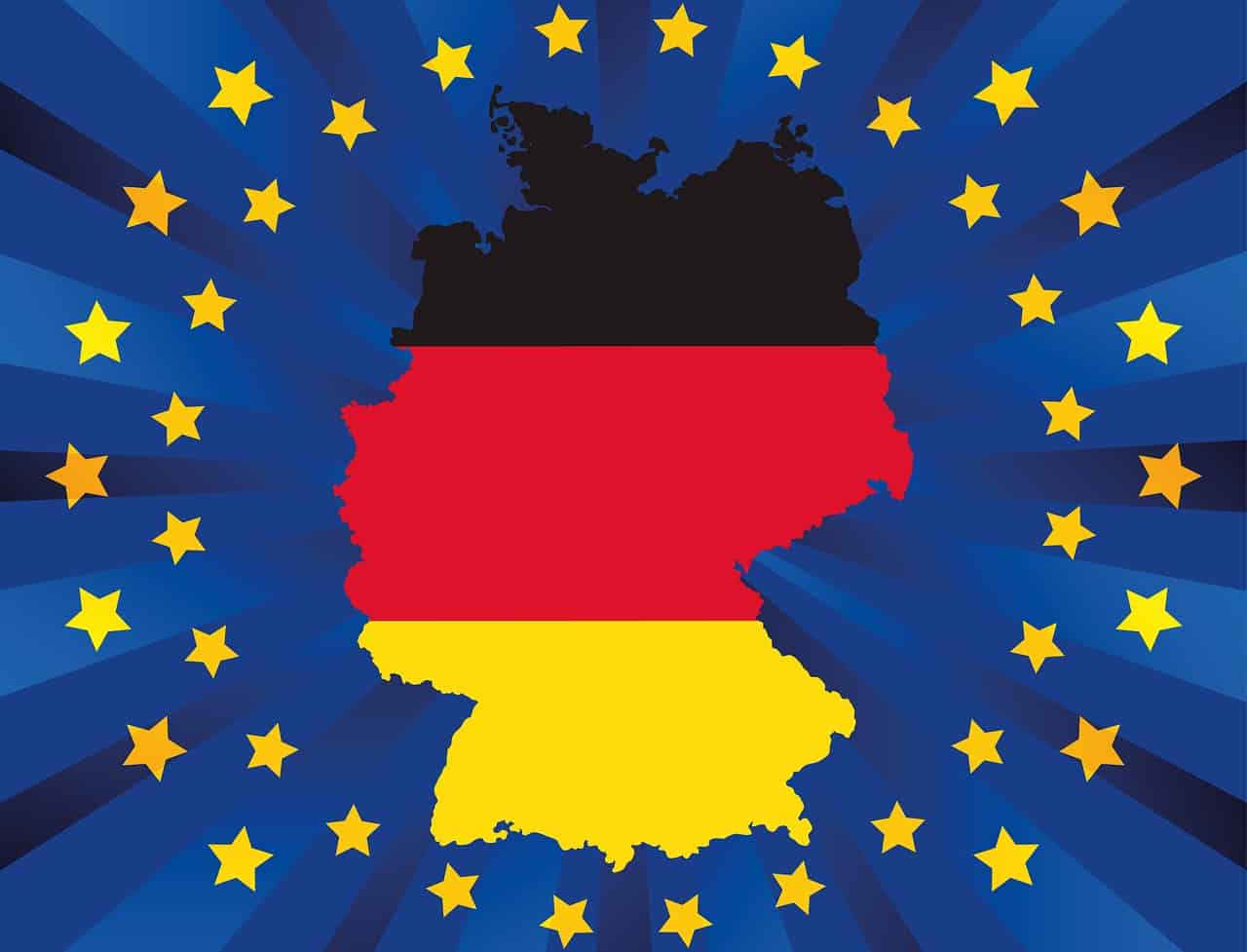
All About Startups: How Germany Became the World’s Leading Innovative Powerhouse?
| 5 minutes read
Germany has long had a reputation as a powerhouse of industry and innovation, with a highly skilled workforce creating well-conceived and well-engineered products. Now, it is also one of the world’s most dynamic and exciting hubs for tech startups, with the 2022 European Unicorn Soonicorn Report flagging Germany up as home to Europe’s top four fastest-growing unicorns.
Factors that Contributed to Germany’s Rising Startup Hub
The capital city of Berlin is home to around 22% of German startups. Like other key cities in Germany, it is a centre of learning and innovation, with universities feeding a welcoming environment for business and entrepreneurship.
Germany is also known for embracing technology, contributing to its position as a rising startup hub. For example, it is one of the leading countries in the rollout of 5G.
Policies and a Robust Economy
At a national level, the German government is working to support innovation as well, funding innovation support programmes in major cities to actively grow startups. German banks are also on the scene, adding to the available funding and providing support for practicalities such as office accommodation. The state-owned Investitionsbank Berlin, for example, supported 183 startups with an approval volume of €9 million in 2021.
A robust economy underpins supportive policies and easily accessible financing. While Germany is grappling with rising inflation, as are many European countries, there are indications that it could be peaking. Meanwhile, the country reported growth of 0.3% during Q3 2022, defying expectations that its economy would contract by 0.2% during the quarter. It is the fourth largest country in the world by nominal GDP.
High-Skilled Labor
Germany is home to some of the world’s top-ranked universities, with Times Higher Education ranking the Technical University of Munich, LMU Munich and Universität Heidelberg as the world’s 30th, 33rd and 43rd best universities, respectively.
Germany’s wealth of outstanding academic institutions deliver a flood of fresh young talent into the country’s workforce each year. Germany is also known for attracting skilled migrants; entrepreneurs with migrant backgrounds founded 20% of the country’s high-growth startups.
Welcoming Business Climate
Germany provides a warm welcome to those who have the imagination and determination to start a business. The World Bank ranks the country 22nd globally for its ease of doing business, based on Germany’s business-friendly regulatory environment.
Translating German Startups Across the International Market
Many German startups are experiencing success beyond the country’s borders. Some are doing this by tackling international issues, such as climate change. Others are pursuing a range of tech-driven opportunities, using Germany as a springboard to accelerate their international growth.
Language considerations come into play with the expansion of startups beyond Germany’s borders. German is the second most natively spoken language in Europe (after Russian), with many second-language speakers as well. Indeed, the prominence of the German language in the European market has done much to underpin the strength of the country’s position as a leading innovation powerhouse.
As the CEO of a translation company, Tomedes, that works alongside SMEs needing German language translation in the European Market, Ofer Tirosh said, “Businesses should rely on a stable pool of German translators and language experts in different industries to accommodate the ever-increasing demand of the European and global market.”
That said, many German startups looking to expand internationally set their sights on London, the leading tech hub in Europe. This is where German translation services enter the picture. Because these startups deal mainly with monolingual Britons, you have to connect with German language translation services experts. Services that specialize in a range of fields are needed, given Germany’s prominence as a provider of tech, financial, medical and other services that use specialist terminology.
How Much Does a German Translator Cost?
This need for specialist translation means that startups need to budget carefully for their German document translation. While regular German-to-English translation services cost roughly $0.10 to $0.13 per word, technical or medical texts can quickly push the price up to $0.16 per word or more. Startups translating documents from German to English as they expand beyond Germany’s borders need to keep this firmly in mind.
What Is the Best German Translator?
Another consideration is which German translator to use. The most accurate German translator for technical documents or those with other specialist terminology will be someone with sector-specific experience. The fast and cost-effective nature of machine translation might appeal, but for complex texts, the human touch wins out when it comes to quality.
Why is getting your translation right so fundamental? According to Lena Meyer of Eazylang,
“If potential clients or business partners can’t understand exactly what you are offering, you are likely to lose their interest. And even though the German population is amongst those in Europe who tend to speak English rather well, for the most part, German speakers will still research products using German keywords and expect product descriptions or user manuals to be available in their native language.”
Germany as the Second Highest European Country with Unicorn Startups
Germany’s position as a powerhouse of innovation is evidenced by the huge number of unicorns emerging from the country. At the time of writing, it is home to 29 unicorns, not counting exits through initial public offerings (IPOs) and mergers and acquisitions. That means only the UK has more unicorns within Europe.
Communication and trust play a key role in facilitating this. As Lena Meyer points out, the quality of every relationship, whether personal or professional, comes down to the way we communicate. She explains:
“Business and purchasing decisions are often based on personal relationships. Marketing professionals are very aware of this phenomenon, which is why they adapt their content as much as possible to their target audience. If you manage to make your potential clients feel heard and understood, they are more likely to identify with your brand or product and ultimately make a purchase decision.”
Current Challenges for German Startups
When language barriers come into play, it can challenge successful communication. Add in cultural differences and German startups that plan to expand abroad have plenty to contend with – hence the need for high-quality translation and localization services.
Financial instability is also a current challenge for German startups, just as it is for startups around the world. While Germany has a sizeable and robust economy, the fact that 2023 is widely projected to see a global recession that could last at least into 2024 cannot be ignored. However, with a startup strategy that will see €30 billion invested by 2030, it’s fair to say that such challenges will perhaps be easier to overcome in Germany than in other countries.
This brings us to another challenge – the need for businesses to be increasingly sustainable. This can be a challenge for power-hungry tech firms, with those relying on blockchain technology being a particular worry. Again, though, Germany is seeking to innovate and overcome the challenge, with much of the €30 billion worth of funding aimed at clean innovation startups that can accelerate the transition to a greener Europe.
Final Thoughts
Germany has leveraged its economic strength, welcoming business climate, skilled labor force, dynamic migrant population, technological advancements and more to become the world’s leading innovative powerhouse. It is using German translation services to share its expertise and innovations with the world while investing inward to future-proof its startup scene. It is an example that many countries around the world would do well to learn from, particularly given Germany’s current focus on channeling startup energy into green projects and clean technologies.

Born in the family of entrepreneurs and have inherited the same. Started building applications in order to pay for my tuition. Later founded a tech company, marketing agency, and media outlets.




